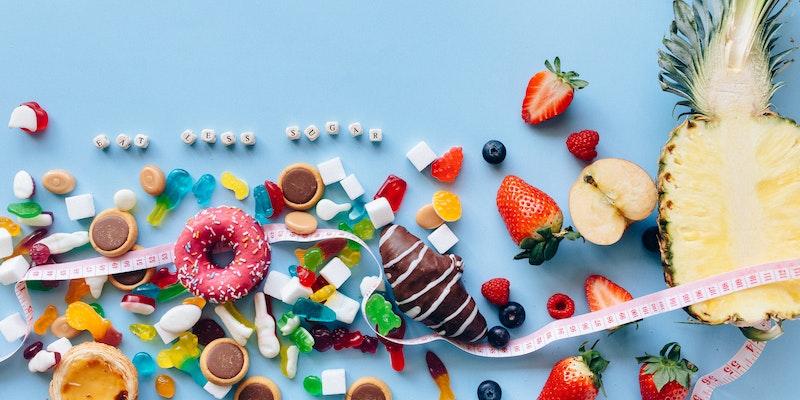Fertility is an important aspect of human life, and a healthy diet can significantly impact it. The fertility diet focuses on consuming foods that enhance fertility while avoiding foods that can negatively affect it. In this blog, we will discuss what to include and what to exclude in a fertility diet.
What to Include in a Fertility Diet:
- Complex Carbohydrates: Whole-grain bread, pasta, and rice are rich in complex carbohydrates. These foods provide energy to the body and help regulate blood sugar levels.
- Plant-Based Proteins: Plant-based proteins such as lentils, beans, nuts, and seeds are great sources of protein. These foods provide essential amino acids and are easy to digest.
- Fruits and Vegetables: A diet rich in fruits and vegetables provides essential vitamins, minerals, and antioxidants. Include a variety of colorful fruits and vegetables to ensure that you get a diverse range of nutrients.
- Healthy Fats: Healthy fats such as olive oil, avocados, nuts, and seeds are essential for reproductive health. These foods provide omega-3 and omega-6 fatty acids that help regulate hormones and improve fertility.
- Dairy Products: Dairy products such as milk, cheese, and yogurt are rich in calcium and vitamin D. These nutrients are essential for the development of strong bones and muscles.
What to Exclude in a Fertility Diet:
- Processed Foods: Processed foods are high in refined carbohydrates, unhealthy fats, and added sugars. These foods can lead to inflammation in the body, disrupt hormonal balance, and negatively impact fertility.
- Trans Fats: Trans fats are found in foods such as fried foods, baked goods, and processed snacks. These fats can negatively impact fertility by interfering with hormone production and reducing insulin sensitivity.
- High-Mercury Fish: High-mercury fish such as swordfish, king mackerel, and tuna can negatively affect fertility. These fish contain high levels of mercury, which can lead to reproductive issues.
- Alcohol: Alcohol can negatively impact fertility by reducing sperm quality and disrupting hormone production.
- Caffeine: Caffeine can also negatively impact fertility by reducing blood flow to the reproductive organs and interfering with hormone production.
In conclusion, a fertility diet should include complex carbohydrates, plant-based proteins, fruits, vegetables, healthy fats, and dairy products. At the same time, it should exclude processed foods, trans fats, high-mercury fish, alcohol, and caffeine. By following a fertility diet, you can significantly improve your chances of conceiving and maintaining a healthy pregnancy.

